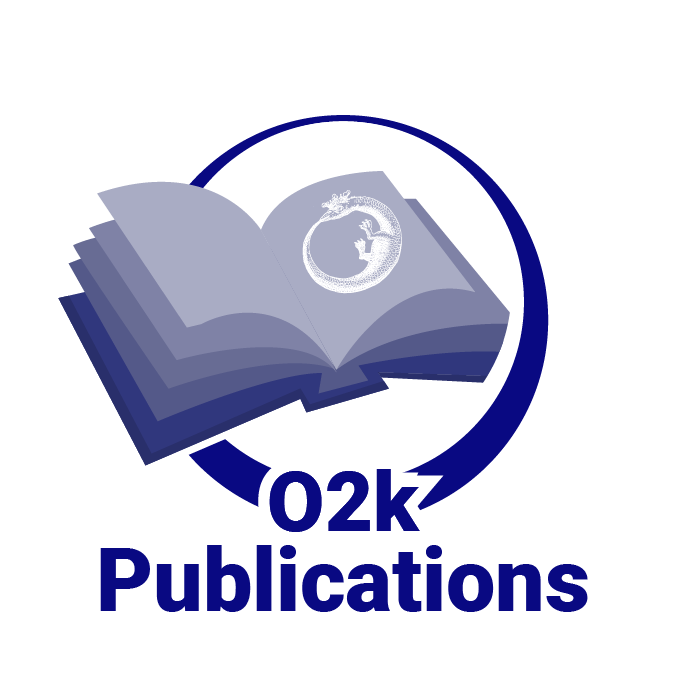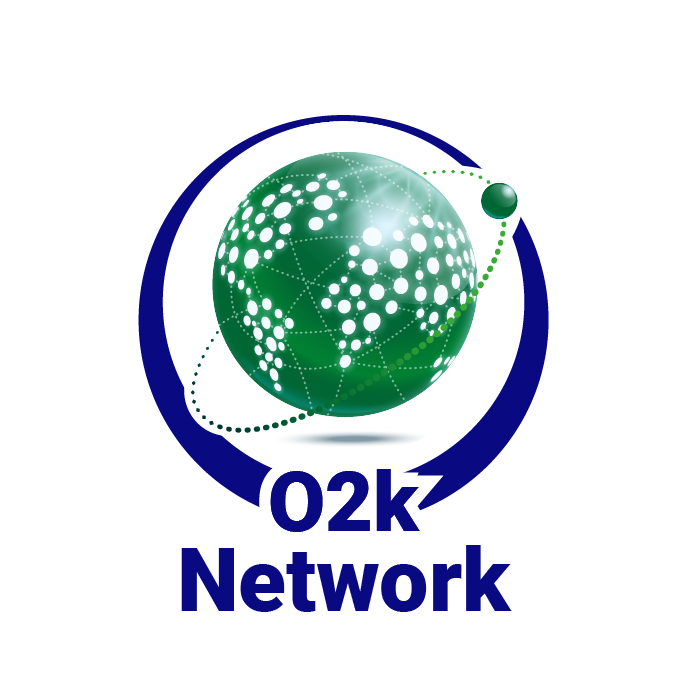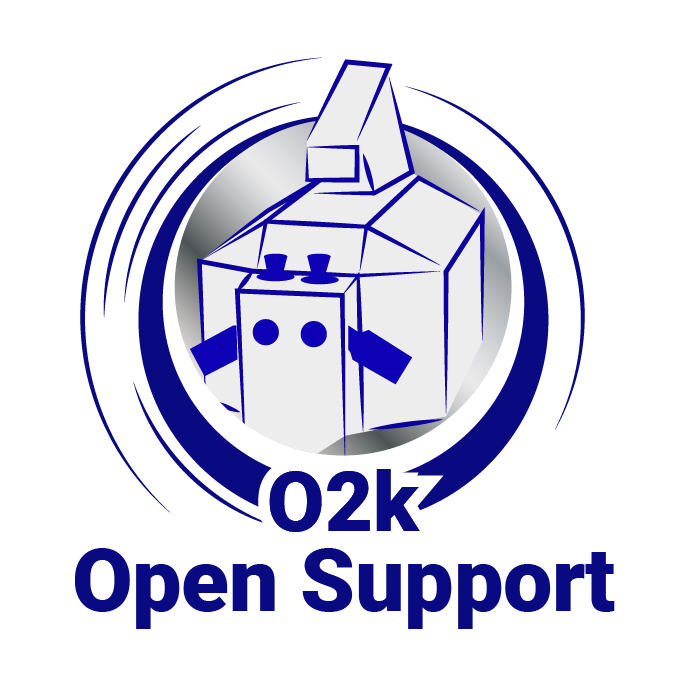Difference between revisions of "User talk:Tindle Lisa/My sandbox Support page v2"
From Bioblast
Tindle Lisa (talk | contribs) |
Tindle Lisa (talk | contribs) |
||
| Line 3: | Line 3: | ||
<big><big>'''"A reprogramming-based strategy for drug repositioning in patients with mitochondrial DNA-associated Leigh syndrome (MILS)"'''</big></big> | <big><big>'''"A reprogramming-based strategy for drug repositioning in patients with mitochondrial DNA-associated Leigh syndrome (MILS)"'''</big></big> | ||
[[File:EJP-RD logo.png|right|300px|EJP-RD]] | |||
__TOC__ | __TOC__ | ||
| Line 40: | Line 41: | ||
::::* Dr. Philip Yeske - [https://www.mitopatients.org/ International Mito Patients (IMP)] | ::::* Dr. Philip Yeske - [https://www.mitopatients.org/ International Mito Patients (IMP)] | ||
[[Image:Fraunhofer Gesellschaft neu.gif|100px|Frauenhofer IME]] | |||
[[Image:University of innsbruck logo.png|100px|University of Innsbruck]] | |||
[[Image:Radboudumc logo.png|50px|Radboud University Medical Center]] | |||
[[Image:Justus_Liebig_Universität_Giessen_logo.png|120px|Justus Liebig Universität Giessen]] | |||
[[Image:SALK_logo.png|140px|Salzburger Landeskliniken]] | |||
[[Image:Karolinska_Institutet_logo.jpg|140px|Karolinska Institutet]] | |||
[[Image:Adera_logo.png|110px|Adera]] | |||
[[Image:Biocrates_logo.png|130px|Biocrates Life Sciences AG]] | |||
[[Image:University_of_Cambridge_logo.png|220px|University of Cambridge]] | |||
=== Collaborators === | === Collaborators === | ||
::::* Prof. Dr. Markus Schuelke - [https://neuropaediatrie.charite.de/ Charité University, Clinic for Pediatrics and Neurology], DE | ::::* Prof. Dr. Markus Schuelke - [https://neuropaediatrie.charite.de/ Charité University, Clinic for Pediatrics and Neurology], DE | ||
| Line 49: | Line 61: | ||
::::* Dr. David Meierhofer - [https://www.molgen.mpg.de/2168/en Max Planck Institute for Molecular Genetics], DE | ::::* Dr. David Meierhofer - [https://www.molgen.mpg.de/2168/en Max Planck Institute for Molecular Genetics], DE | ||
::::* Prof. Dr. Thomas Klopstock - [http://mitonet.org/en/ Deutsches MITONET e.V., Friedrich-Baur-Institut], DE | ::::* Prof. Dr. Thomas Klopstock - [http://mitonet.org/en/ Deutsches MITONET e.V., Friedrich-Baur-Institut], DE | ||
[[Image:Fraunhofer Gesellschaft neu.gif|60px|Frauenhofer IME]] | |||
[[Image:University of innsbruck logo.png|80px|University of Innsbruck]] | |||
[[Image:Logo OROBOROS INSTRUMENTS.jpg|80px|link=https://www.oroboros.at/ Oroboros]] | |||
[[Image:Justus_Liebig_Universität_Giessen_logo.png|120px|Justus Liebig Universität Giessen]] | |||
[[Image:SALK_logo.png|140px|Salzburger Landeskliniken]] | |||
[[Image:Karolinska_Institutet_logo.jpg|140px|Karolinska Institutet]] | |||
[[Image:Adera_logo.png|110px|Adera]] | |||
[[Image:Biocrates_logo.png|130px|Biocrates Life Sciences AG]] | |||
[[Image:University_of_Cambridge_logo.png|220px|University of Cambridge]] | |||
== Oroboros project involvement == | == Oroboros project involvement == | ||
Revision as of 17:53, 21 December 2020
User talk:Tindle Lisa/My sandbox Support page v2
"A reprogramming-based strategy for drug repositioning in patients with mitochondrial DNA-associated Leigh syndrome (MILS)"
CureMILS: European Joint Programme on Rare Diseases - JTC2020
- EJP RD JTC 2020: "PRE-CLINICAL RESEARCH TO DEVELOP EFFECTIVE THERAPIES FOR RARE DISEASES” - Project EJPRD20-010
- Duration: 36 months
- Start:
- Web:
About CureMILS
- Mitochondrial DNA (mtDNA)-associated Leigh syndrome (MILS) is a severe early-onset brain disease affecting 1/100,000 newborns. MILS is typically caused by mtDNA mutations in the ATP-generating subunit MT-ATP6. There are no treatments available for MILS. In fact, drug discovery is particularly challenging for MILS. The limited access to patient neural tissue and the difficulty to manipulate mtDNA hinder the development of transgenic animal models and cellular models, which are needed for treatment discovery and development. Led by Prof. Dr. Alessandro Prigione of the Heinrich Heine University, the CureMILS project aims to employ a novel approach to enable drug discovery of MILS.
Aims
- The consortium will employ neural cells generated from MILS patients via cellular reprogramming to carry out a large-scale screening using marketed drugs, thereby allowing the identification of therapeutic strategies.
- The proof-of-concept study demonstrated that this approach is feasible and relevant. The project proposes to extend this approach using a large high-quality library of repurposable compounds (more than 5,500). The consortium will validate hit compounds by combining mitochondrial profiling with multi-omics analysis using various reprogramming-derived neural models (neural progenitors, neurons, brain organoids, and blood-brain barrier cells) from different MILS patients.
Objectives
- The consortium will identify drugs suited for repositioning as interventions in MILS, laying the foundation for a multi-national clinical trial and a concrete path towards a cure for MILS.
- Moreover, we will establish a paradigmatic working pipeline for reprogramming-driven drug discovery and repositioning for rare neurological disorders.
Coordinator
Network
Consortium members
- Dr. Ole Pless - Fraunhofer IME, Department ScreeningPort, DE
- Prof. Dr. Frank Edenhofer - Institute for Molecular Biology, University of Innsbruck, AT
- Dr. Werner Koopman - Radboud University Medical Center, Biochemistry, NL
- Dr. Anu Suomalainen - University of Helsinki, Research Program of Stem Cells and Metabolism, FI
- Dr. Paweł Lisowski - Institute of Genetics and Animal Biotechnology of the Polish Academy of Sciences, Department of Molecular Biology, PL
- Dr. Emanuela Bottani - Verona University, Department of Diagnostics and Public Health, IT
- Dr. Antonio del Sol - Luxembourg Centre for Systems Biomedicine (LCSB) University of Luxembourg, LU
- Dr. Philip Yeske - International Mito Patients (IMP)
Collaborators
- Prof. Dr. Markus Schuelke - Charité University, Clinic for Pediatrics and Neurology, DE
- Prof. Dr. Felix Distelmaier - Department of General Pediatrics, Neonatology and Pediatric Cardiology, University Children's Hospital, Heinrich Heine University, DE
- Dr. Nael Nadif Kasri - Radboud University Medical Centre, Department of Human Genetics, NL
- Dr. Carolina Doerrier - Oroboros Instruments GmbH, AT
- Dr. Valeria Tiranti - Foundation IRCCS Neurological Institute C. Besta, Unit of Molecular Neurogenetics, IT
- Dr. Dario Brunetti - University of Milan, Department of Medical Biotechnology and Translational Medicine, IT
- Dr. David Meierhofer - Max Planck Institute for Molecular Genetics, DE
- Prof. Dr. Thomas Klopstock - Deutsches MITONET e.V., Friedrich-Baur-Institut, DE
Oroboros project involvement
- Oroboros is a collaborator on the project providing infrastructure and expertise required to conduct respirometric measurements for the project.
Support
The EJP RD initiative has received funding from the European Union's Horizon 2020 research and innovation programme under grant agreement N°825575. EJP RD is coordinated by INSERM, France.










